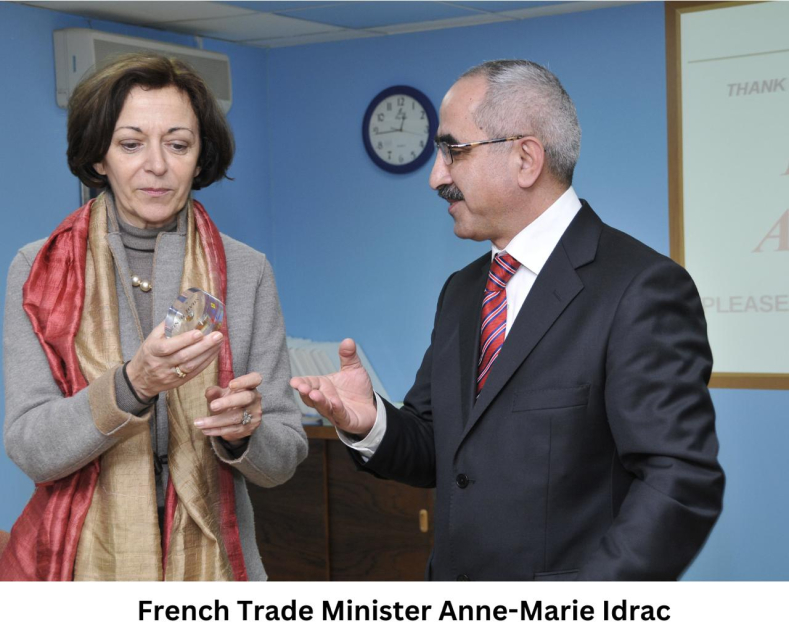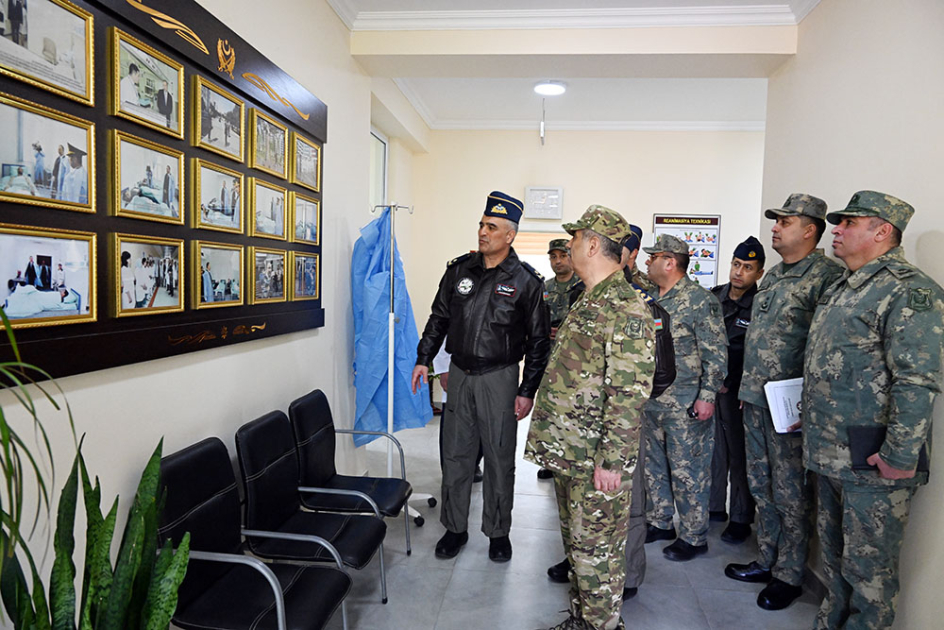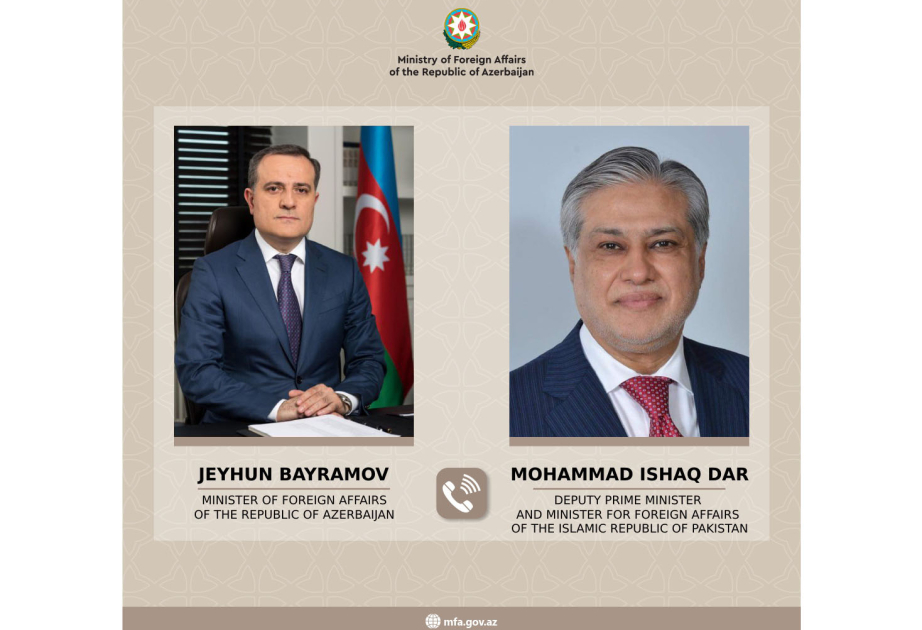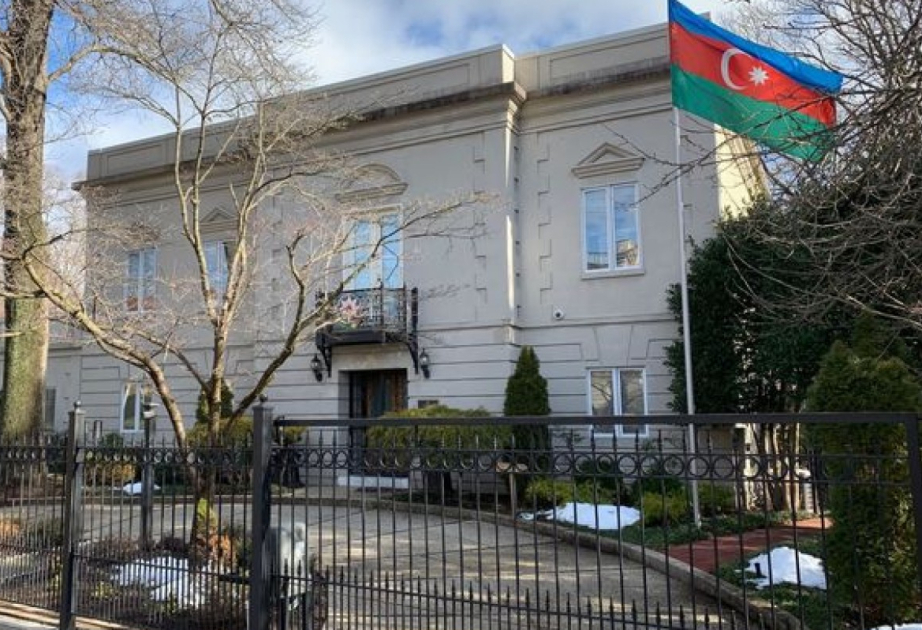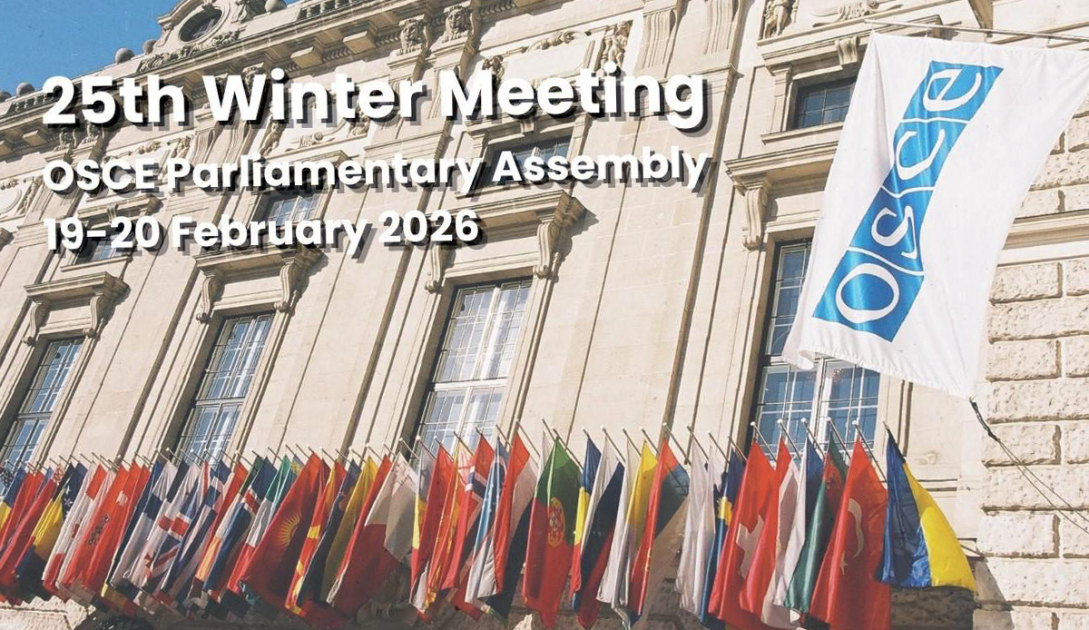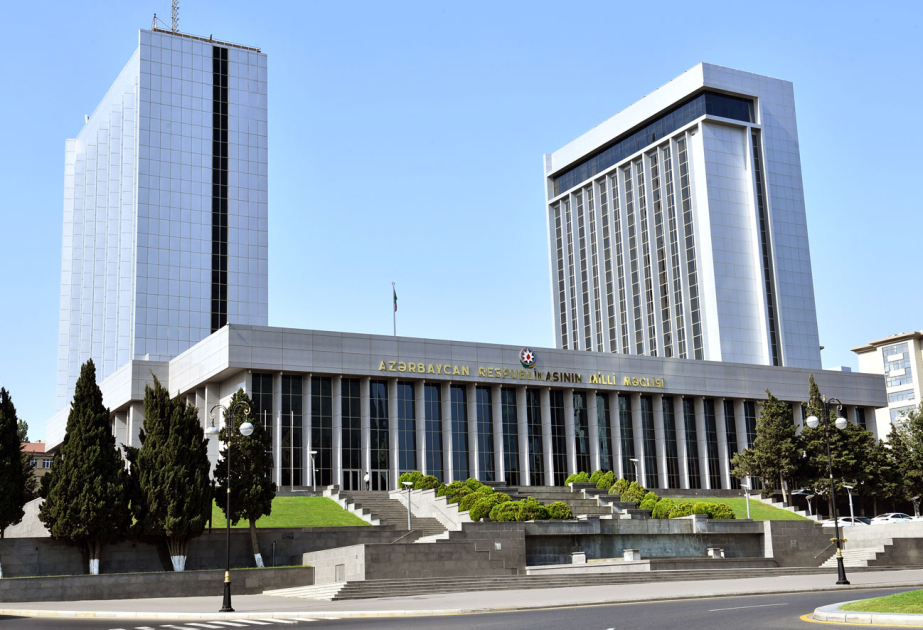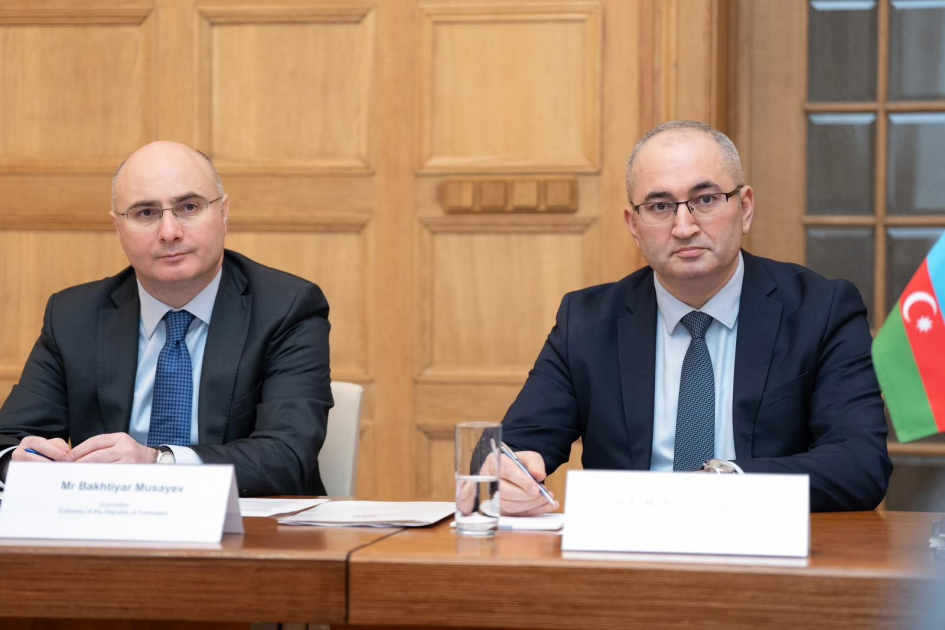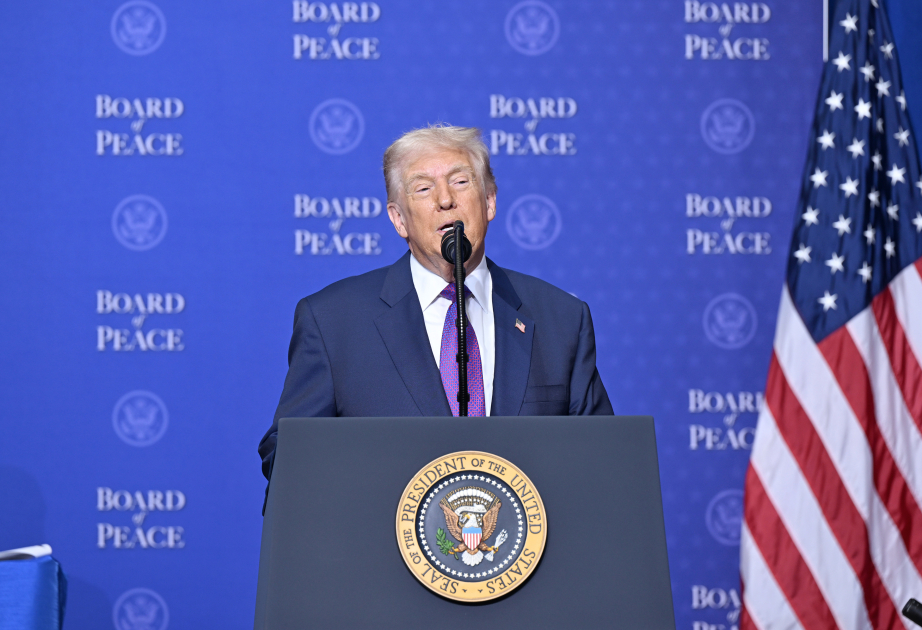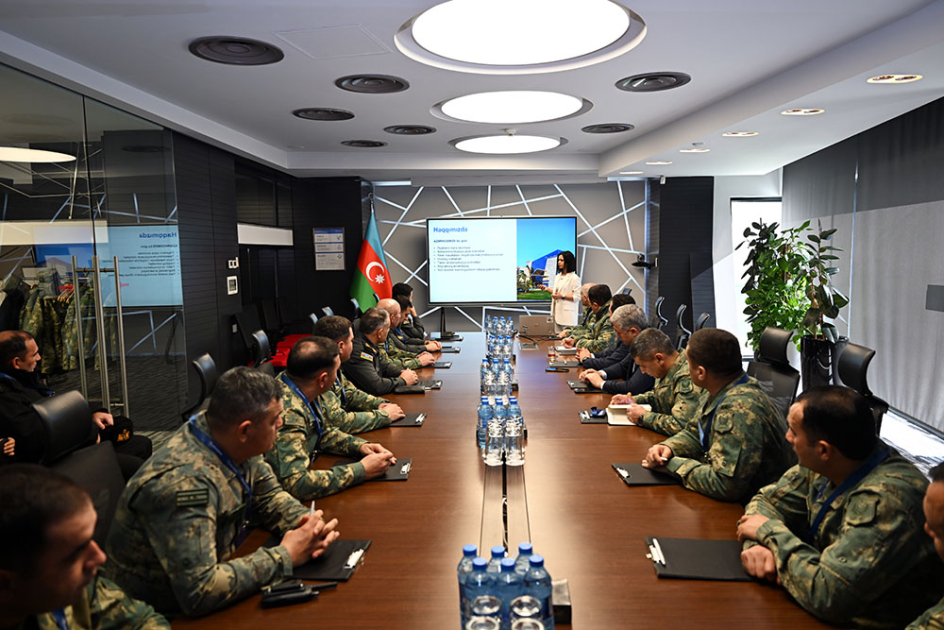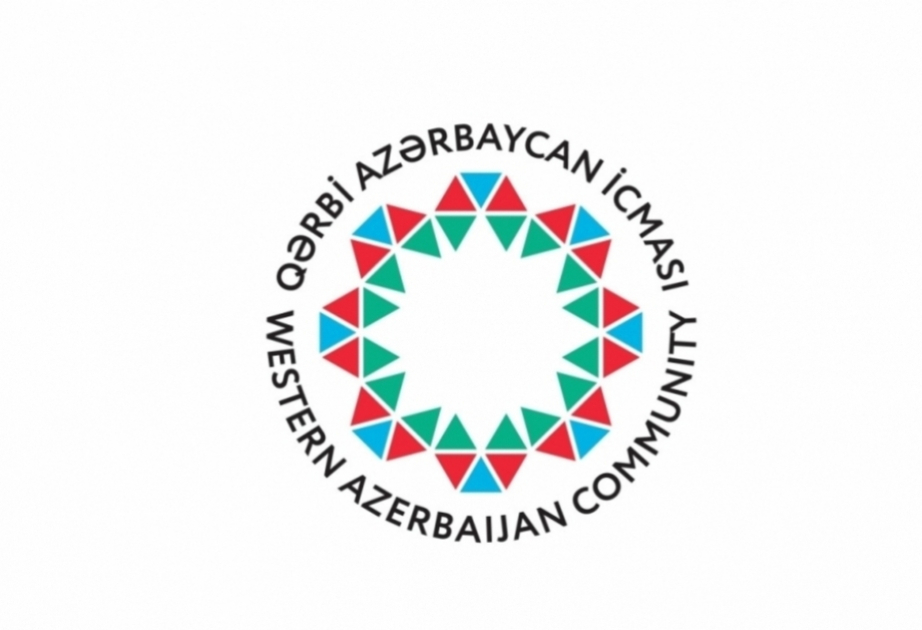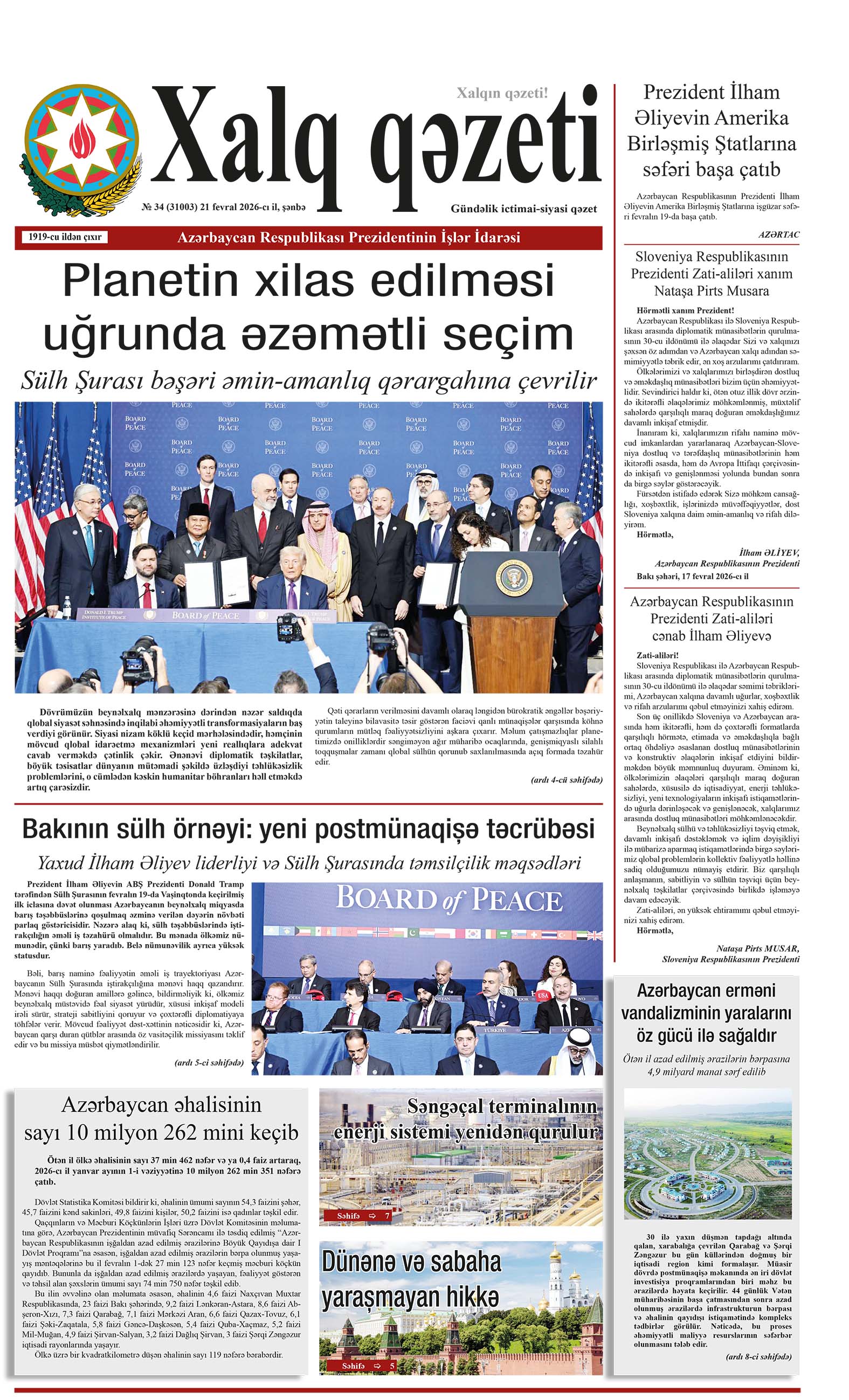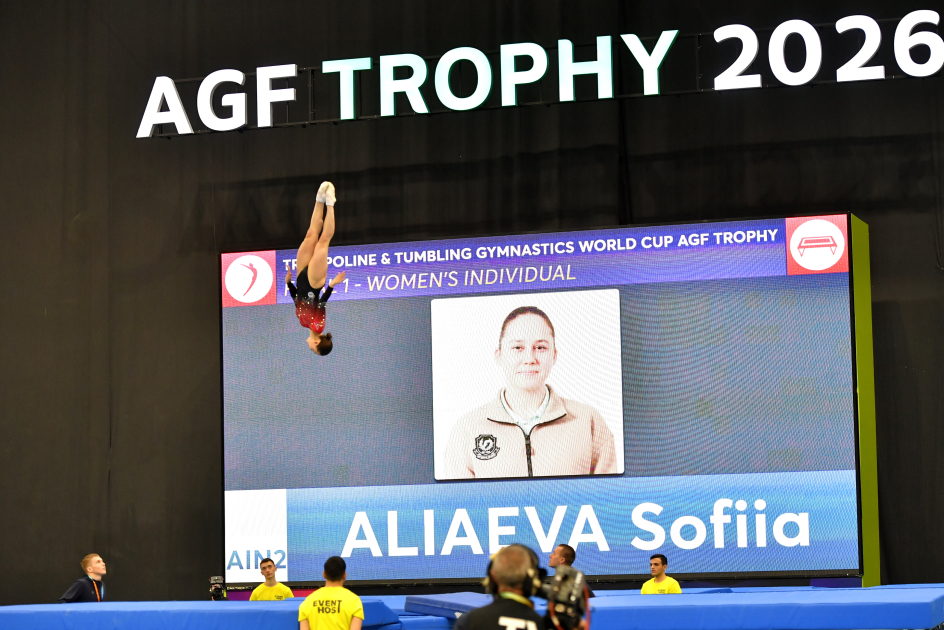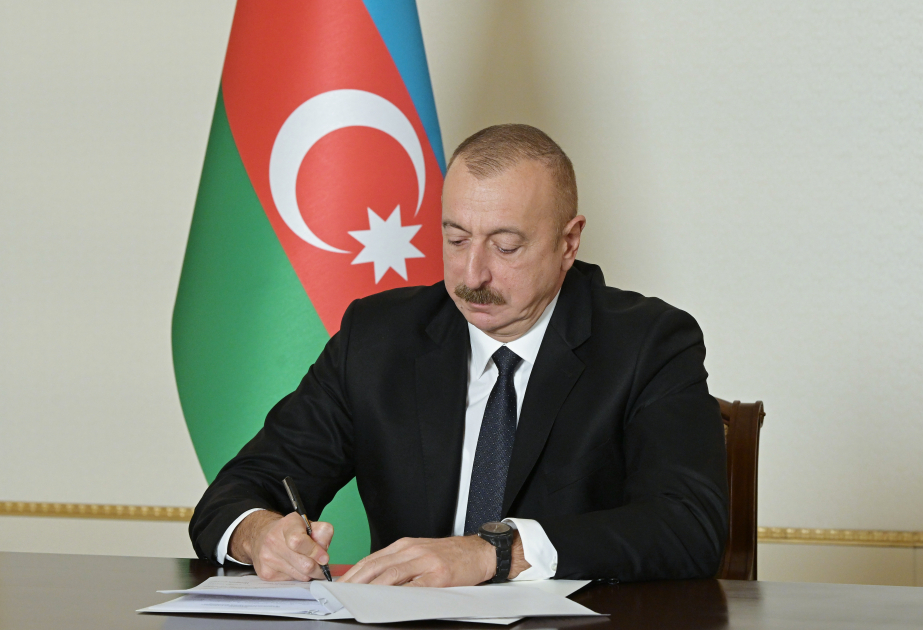POLITICS
Guivami Rahimli: - “Paris, I love you” - Merci, Bakou
24.08.2024 [14:54]
A+ A-
1 / 11
Baku, August 24, AZERTAC
French senator Nathalie Goulet hails Azerbaijan’s contribution to multiculturalism and interreligious dialogue and its role in preserving the religious heritage not only in Azerbaijan, but also, abroad, including France, and the Vatican.
Azerbaijan restored two monuments included in the World Heritage List, exhibited in the park of the Palace of Versailles in Paris, as well as provided support in the creation of new halls in the Louvre Museum of Paris dedicated to Islamic art and restoration of 7 churches related to the 10-12th centuries in Saint-Hilaire, Fresnaye-au-Sauvage, Saint-Hilaire-la-Gérard, Tanville Courgeoût, Réveillon and Mâle settlements of Orne Department of France, as well as the Strasbourg Cathedral Church of the 14th century.
As part of the “Address of tolerance-Azerbaijan” project, the Saint Sebastian catacombs and the bas-relief “Meeting of Pope Leo I with Hun Emperor Attila” in the Saint Peter Church in Vatican were also restored.
“Azerbaijan has conducted tremendous work on preserving the world heritage, strengthening cultural diplomacy,” said Senator Goulet.
Nathalie Goulet was the only one among 296 members to vote against the anti-Azerbaijani resolution adopted by the French Senate.
“Most part of my colleagues have a lot of Armenians in their constituency. They also misread the conflict as a conflict between Christian Armenians and Muslim Azerbaijanis. All mixed up! They have one single version and are not looking for both party position. The Armenian lobby is very strong and powerful especially in the newspapers and TV. I think France lost its credibility as a co-chair of Minsk Group,” the Senator said.
When commenting the events in Karabakh, the Armenian occupation and demolishing Azerbaijan’s cultural heritage, it is symptomatic that France is trying to be “more Catholic than the Pope”, prompting accusations of double standards, using false narratives especially when the international media described Aghdam as “a ghost town” and “Hiroshima of the Caucasus” where Armenia destroyed everything. France even opposes Pope Francis’ commendations, who praises religious tolerance in Azerbaijan, the country that plays “… great significance for peaceful coexistence and for peace in the world.”
During the military conflict with Armenia in the autumn of 2020, Azerbaijan restored its internationally recognized territorial integrity, liberating Karabakh region of the country from Armenian occupation. A peace deal has been agreed upon between Armenia and Azerbaijan to establish lasting peace in the region. Azerbaijan won not only on the battlefield, but also at diplomacy. But there are politicians, as well as governments like in France who struggle to accept Azerbaijan’s victory in the 44-day war.
Today, the deterioration in relations specially with France has reached unprecedented lowest level in history. Paris consistently played a provocative role, often resorting to unacceptable actions, including public statements containing elements of threats and intimidation against Azerbaijan, often operating covertly across various platforms. The Armenian lobby in France is recognized for their active engagement in the France-Armenia relationship and Paris emerged as Armenia’s major international supporter.
French President Emmanuel Macron, the government authorities’ and legislative bodies of France have consistently exhibited a bias attitude against Azerbaijan. The French parliament even voted for a resolution calling for the recognition of independence of non-existent “Republic of Artsakh”.
This partiality reached a point where Azerbaijan decided to revoke France’s role as one of the mediators between Armenia and Azerbaijan, effectively stripping it of its position as a co-chair of the OSCE Minsk Group.
Rather than actively contributing to the resolution of Armenian-Azerbaijani tensions, encouraging the leaders of the two countries to expedite the finalization of the Armenia-Azerbaijan peace deal, France’s actions seem to be inadvertently exacerbating the regional situation. Despite the abundance of populist rhetoric and the conspicuous gesture undertaken by France today, the anticipated outcomes remain elusive. France is undoubtedly aware that the international community, which has officially acknowledged Azerbaijan’s territorial integrity, remains committed to upholding international law. The orchestrated spectacle enacted by France serves to provide Armenians with a sense of false optimism. Regrettably, this dynamic is likely to lead them into committing missteps while swept up in a delusional sense of euphoria fueled by perceived French support.
Throughout the centuries during their historical journey, Armenians have recurrently nurtured the hope that an external power would intervene to safeguard them. Armenians have placed their aspirations in various quarters, previously in Byzantines, Ottomans, Russia, today mainly in France, USA, and India. But the historical reality remains the same, no external savior has ever emerged. Despite this reality, Armenians still persist in seeking a potential savior, journeying from one side to another in pursuit for assistance. Rather than embracing this cycle of unrealizable hopes, it would be far more productive for Armenia to normalize relations with neighboring countries in alignment with established international norms, taking charge of their own destiny and avoiding unrealistic expectations and unfounded narratives within its society.
In fact, the worsening of France’ relations with Azerbaijan to the current point has not been particularly logical.
If you look back to history, you can see contributions to bilateral relations. During WWII, the legendary Azerbaijani partisan Ahmadiyya Jabrayilov, became one of the prominent representatives of the anti-fascist resistance movement of France. Nicknamed Kharko, and known as Akmed Michel by the Maquis, soon became Nazi militaries’ bête noir in the Lot-et-Garonne, Haute-Garonne, Tarn-et-Garonne and Aveyron departments, preventing the advance of the occupation army. In September 1944, Akmed Michel was presented to Gen. Charles de Gaulle in person when he visited newly liberated Toulouse. Akmed Michel never forgot this meeting, nor did Gen. de Gaulle. And when in 1966 Gen. Charles de Gaulle was on an official visit to the Soviet Union, the French President’s communication service sent a list of the names of people that Charles de Gaulle would like to meet in Moscow. It also included a “strange” name for the Soviets Akmed Michel. The Soviet KGB tracked him down in the town of Sheki, Azerbaijan, under the name Ahmadiyya Jabrayilov. Summoned urgently to Moscow, along with other war veterans, Akmed Michel welcomed his war colleague Gen. de Gaulle who became the President of France.
Ahmadiyya Jabrayilov was awarded the medals of "War Cross" (Croix de Guerre), "Cross for bravery", "Insignia for the Military Wounded", "Partisan Medal" and the "Medal for personal bravery in combat".
In 1998, France awarded him posthumously the National Diploma of Gratitude for his participation in fighting for the liberation of France.
Most recently Paris hosted the screening of a documentary "He was Khargo" dedicated to the legendary Azerbaijani partisan Akmed Michel, who fought for the freedom of France.
For many years, France used to be one of the most important Western partners of Azerbaijan and President Francois Holland was the only leader of a major Western state who paid an official visit to Baku in 2014. During his trip a legendary French actor of Azerbaijani origin, Robert Hossein who brought fame to France, was part of President Hollande’s delegation. Addressing the audience at the dinner reception, Hossein said:
- “I am overjoyed and proud to note that I am a son of this country. If I may say so, I personify the great friendship between our two countries both of which are my motherlands. I was born in the beloved country of France. But, at the same time, I am a son of the country which I envy - Azerbaijan.
…The President of the French Republic will probably know that synagogues, mosques and Orthodox churches coexist in this capital city of Baku side by side and have no problems”.
The other person who greatly contributed to French-Azerbaijani relations is Reza Deghati. This world renown French photographer with Azerbaijani roots who brought fame to France and was awarded with the title and the Medal of “Chevalier de l’Ordre National du Mérite”. During an official ceremony took place in the Senate of France, the President of the Senate Christian Poncelet highlighted Reza’s invaluable contribution to Human Rights globally as great photojournalist.
“Tonight, we are all gathered here to witness the recognition of Reza’s important activities by the government of France. He is a man who has shown us the realities of the world with humanistic eyes. His photographs truly are lessons of solidarity, faith, and humanism for all of us.”
Reza has shared more than 250 photographic exhibitions throughout the world, including Azerbaijan: Land of Tolerance at the UN Headquarters in New York, at the European Parliament in Brussels, as well as at UNESCO headquarters in Paris. The Land of Tolerance exhibition presented a series of Reza’s reportages on the Christian, Muslim and Jewish communities which cohabitate in Azerbaijan. These communities are driven by a deep commitment to sharing mutual respect and dialogue with each other in Azerbaijan that is rarely seen in other countries. Hopefully, one day this inter-religious and inter-cultural tolerance will become a reality throughout the world.
These examples show that French-Azerbaijani relations had always been at a very high level, including political, economic and cultural areas.
The presence of the France’s TotalEnergies in Azerbaijan, which is crucial for gas export supplies, as well as having renewable energy portfolio.
During French delegations visits to Baku, they also had site trips to the most important strategic asset in this region, the Sangachal terminal. It had been the pleasure for me to accompany these delegations, showing progress of the terminal facilities, which create a greater “sense of occasion” of Azerbaijan’s energy developments, as well as renewable project options.
These delegations included along government officials, also Senators. The Senators were mainly representing the energy studies group of French Senate.
There were quite a few notable memories from these trips that I was hosting at Sangachal terminal. One memorable trip from this series was the visit of French Trade Minister Anne-Marie Idrac. She was also Co-Chair of the France-Azerbaijan Joint Economic Commission.
The Minister was impressed what she had seen at the terminal, how we run such a complex facility and pipeline operations, providing energy security and supplying demands of Europe.
Azerbaijan initiated Southern Gas Corridor provides a new source of energy to Europe today. These supplies are a blessing to Europe, which was almost dependent on the pipelines from Russia and as a result of the Russian - Ukrainian war, EU cut off the energy flow with Moscow. In 2022, the European Commission, backed by the Americans, signed a Memorandum of Understanding with Azerbaijan to double imports of Azerbaijani natural gas to at least 20 bcm a year by 2027. “The EU and Azerbaijan are opening a new chapter in energy cooperation. Azerbaijan is a key partner in the EU’s efforts to move away from Russian fossil fuels,” said European Commission president Ursula von der Leyen. Notably, almost two years before Azerbaijan secured the bid to host 29th United Nations Climate Change Conference - COP29, von der Leyen commended Azerbaijan’s significance as a pivotal energy partner:
- “You are indeed a crucial energy partner for us, and you have always been reliable. You were a crucial partner not only for our security of supply, but also in our efforts to become climate neutral.”
It is no coincidence that Azerbaijan was deemed fit to host in 2024 the COP29, one of the most important events in the world by all the members of the international community, appreciating its role in a continued expansion of international dialogue and co-operation, respectful attitude to international law.
Today, the progress in the normalization process between Azerbaijan and Armenia has put Paris in an awkward situation whereby it started to behave as if it cares about Armenian interests more than the Armenian government itself. The delimitation process, increased EU-Azerbaijan relations show a positive dynamic and France is facing a choice whether to continue a fruitless confrontation that doesn’t yield any positive outcome for Paris or to quietly acquiesce to the changing realities. Some French media outlets today very surprisingly claim that the conflict in Karabakh is over for good and even the would-be Zangezur corridor opening might be a “win-win solution” for both sides.
Guivami Rahimli
PhD, Professor at Baku State University,
lecturing energy security, multilateral and regional
diplomacy at the faculty of international relations


